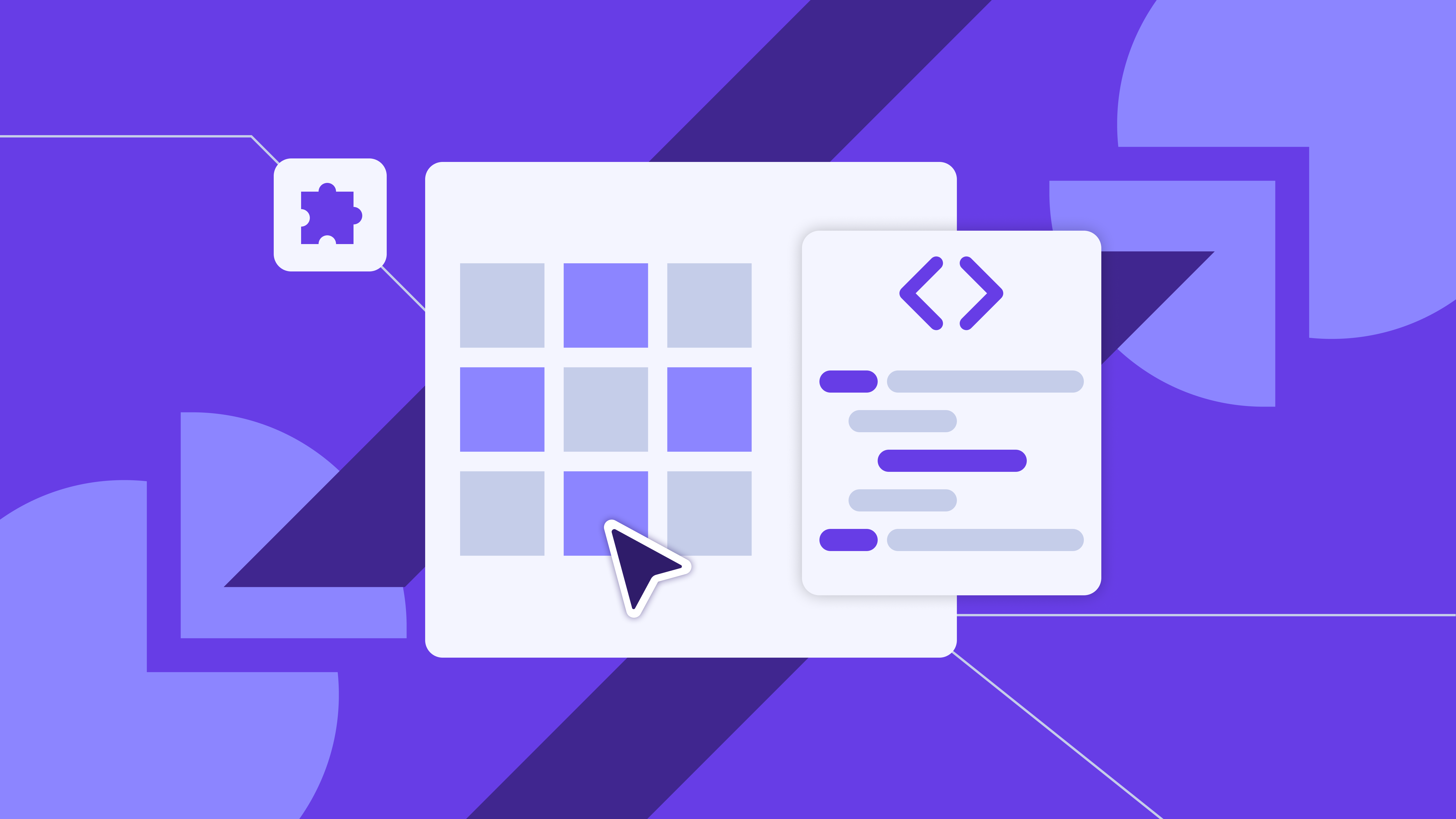Supercharge Your Coding: A Practical Guide to AI Coding Assistants
Supercharge Your Coding: A Practical Guide to AI Coding Assistants

AI coding assistants have revolutionized software development, moving beyond simple autocomplete to become powerful tools for writing, refactoring, debugging, and even explaining code. This tutorial explores the best AI coding tools available in 2025, helping you choose the perfect assistant for your needs.
Choosing the Right Tool: Key Criteria
Selecting the ideal AI coding assistant depends on several factors. Prioritize these key criteria:
- Code Quality & Accuracy: The tool should generate clean, reliable, and error-free code. High accuracy minimizes the need for corrections, boosting efficiency.
- Supported Languages & Frameworks: Ensure the tool supports your primary programming languages and frameworks. Some specialize in specific languages (e.g., Python), while others offer broader support.
- Editor & Platform Integration: Seamless integration with your preferred IDE (VS Code, JetBrains, etc.) or browser-based environment is crucial for a smooth workflow.
- Context Awareness: The AI should understand your project’s context (style, variables, libraries) to provide relevant suggestions.
- Speed & Responsiveness: Fast suggestions minimize downtime. Locally deployed tools generally offer faster responses than cloud-based ones.
- Privacy & Security: For sensitive projects, prioritize tools that process code locally or offer robust security measures. Carefully review their privacy policies.
- Pricing & Licensing: Evaluate the cost against the features offered. Free tiers, subscriptions, and enterprise licenses are common options.
- Additional Features: Consider features like code explanation, debugging assistance, documentation generation, and multi-language support.
Top AI Coding Assistants: A Detailed Look
Here’s a curated selection of leading AI coding assistants, categorized for easier selection:
For VS Code Users:
- GitHub Copilot: Real-time code suggestions based on file, function, and project context. Supports multiple languages and integrates directly into VS Code. (Free & paid tiers)
Open-Source Alternatives:
- TabbyML: Privacy-focused, locally deployable AI autocomplete. Uses language-specific models, keeping your data secure. (Free & paid tiers)
- CodeGeeX: Customizable, open-source AI for code generation. Supports multiple languages and allows self-hosting for enhanced privacy. (Free)
- StarCoder: Open-source LLM specifically designed for coding tasks, suitable for research and commercial use. (Free)
AI Coding Chatbots:
- ChatGPT (GPT-4o): Excellent for Python, excels at generation, debugging, and code explanation. Accessible via chat interface or API. (Free & paid tiers)
- Claude: Often praised for generating cleaner, more maintainable Python code. A strong alternative to ChatGPT. (Free & paid tiers)
All-in-One IDE Replacements:
- Cursor AI: AI-powered IDE with a chat feature for bug fixes, refactoring, and explanations. Feels like pair programming with an AI. (Free & paid tiers)
Specialized Tools:
- Windsurf: Generates code with inline explanations, focusing on teaching and understanding. (Free & paid tiers)
- Visual Copilot: Converts Figma designs into React code, bridging the gap between design and development. (Free & paid tiers)
- Qodo: Automates code review, highlighting bugs and security issues. Improves code quality and speeds up reviews. (Free & paid tiers)
- OpenAI Codex: The powerful AI model behind many popular coding assistants, accessible via API for custom integrations. (Paid)
- AskCodi: All-in-one assistant for code generation, testing, SQL queries, and documentation. (Paid)
- Replit: Cloud-based IDE with built-in AI assistance for writing, debugging, and deploying projects. (Free & paid tiers)
- Blackbox AI: Works across VS Code, JetBrains, and Chrome DevTools, providing AI-powered autocomplete and search. (Paid)
- Microsoft Copilot: Integrated into the Microsoft ecosystem (Microsoft 365, Visual Studio), automating coding and documentation tasks. (Included in some subscriptions)
- DeepSeek Coder: Focuses on accurate code generation across multiple languages. (Free)
- Devin AI: Automates full software engineering tasks, including code writing, testing, and reviews. (Paid)
- Amazon Q Developer: Designed for AWS developers, integrating seamlessly with AWS services. (Free & paid tiers)
- Sourcegraph: AI-powered code search and suggestions for large codebases, integrating with GitHub and GitLab. (Free & paid tiers)
Advantages of AI Coding Assistants:
- Increased Productivity: Automates repetitive tasks, freeing you to focus on complex problems.
- Improved Code Quality: Reduces errors and suggests best practices.
- Multi-Language Support: Versatile across various projects.
- Learning & Onboarding Assistance: Acts as a virtual tutor.
- Enhanced Collaboration: Streamlines communication and code review.
- Increased Accessibility: Cloud-based tools enable coding from anywhere.
Disadvantages of AI Coding Assistants:
- Imperfect Suggestions: Requires human review to ensure accuracy and security.
- Limited Contextual Understanding: Might struggle with large or complex codebases.
- Privacy Concerns: Sharing proprietary code with cloud services poses security risks.
- Cost Considerations: Advanced tools can be expensive.
- Dependency Risk: Over-reliance can hinder problem-solving skills.
- Ethical & Legal Questions: Concerns regarding licensing and attribution of AI-generated code.
Conclusion:
AI coding assistants are powerful tools that significantly enhance developer productivity and code quality. However, remember that they are assistants, not replacements for human expertise. Careful selection, responsible use, and critical review are essential for maximizing their benefits and mitigating potential drawbacks.
Disclaimer: This content is aggregated from public sources online. Please verify information independently. If you believe your rights have been infringed, contact us for removal.